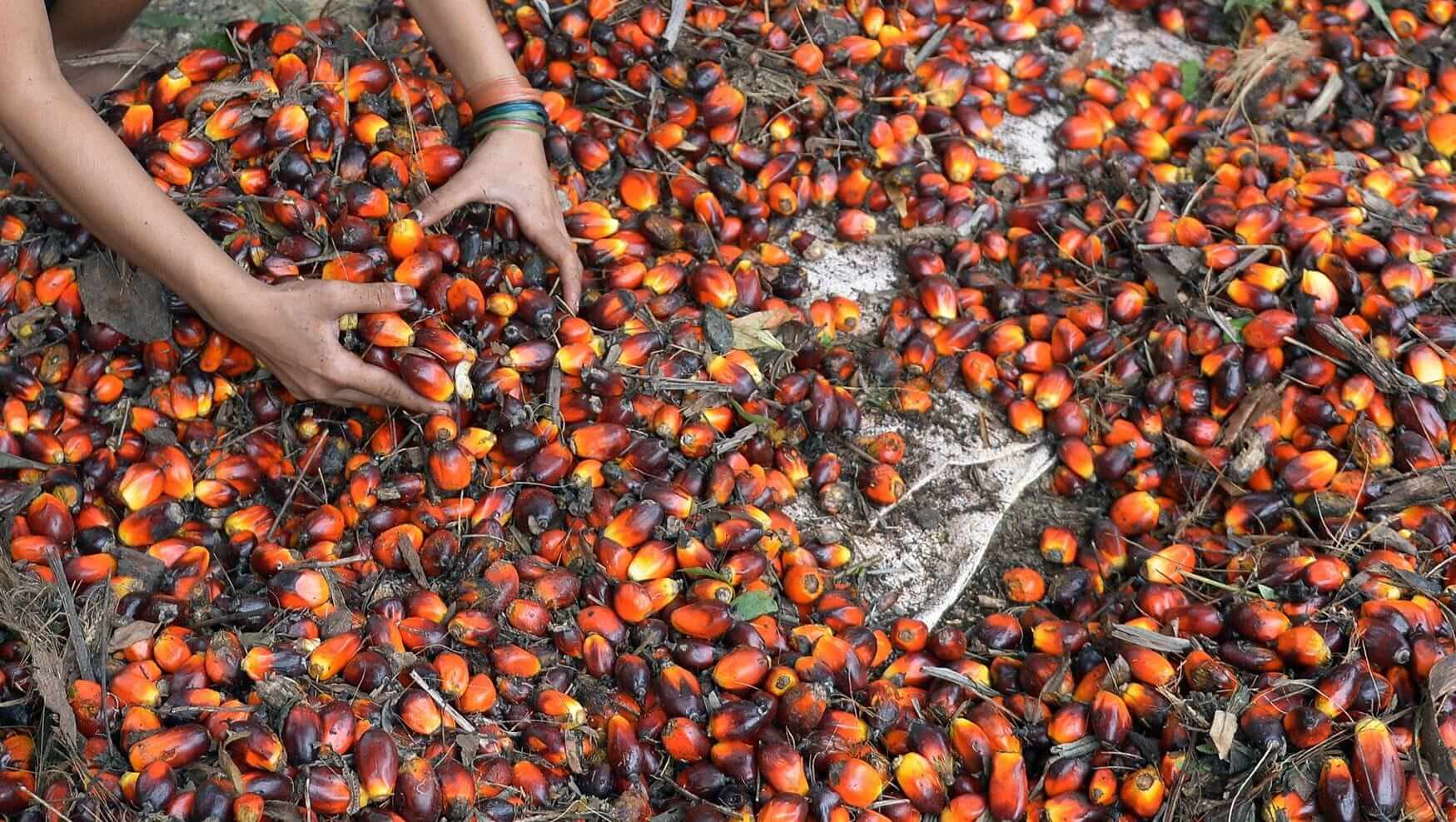On Sunday, voters in Switzerland will decide on whether a free trade agreement (FTA) with Indonesia that largely focuses on palm oil imports should reduce tariffs on the commodity or not. This issue has been at the centre of controversy in the country due to concerns over the environmental sustainability of its production as well as how it could impact domestic industries.
The FTA is part of the pact signed in 2018 between Indonesia and some members of the European Free Trade Association (EFTA), including Switzerland, Iceland, Norway, and Liechtenstein. Crucially, this FTA is the first treaty of the pact to include the sustainability criteria in trade. In this regard, the FTA requires both parties to “gradually reduce or abolish import duties on industrial products”. The agreement further guarantees that 98% of Swiss exports to Indonesia will eventually be exempt from customs duties. In return, Switzerland will slash tariffs on palm oil imports by about 20%-40% for up to 12,500 tonnes per year, conditional on whether the imports qualify as certified sustainable production.
Although the deal was ratified by the Swiss parliament in 2019, the country’s “Stop Palm Oil” movement was backed by the Green Party as well as environmentalists and “anti-globalisation NGOs” that called for a referendum last June. Their campaign was based on the premise that Indonesia is still not willing to implement environmental and social standards to prevent the destruction of tropical forests. The Swiss environmentalists, therefore, demanded that palm oil be excluded from the FTA.
Activists and the opposition were quickly able to collect 59,200 signatures against the deal. Since Switzerland’s direct democracy system guarantees that if citizens gather a minimum of 50,000 signatures to oppose a new law within 100 days of the legislation’s publication, the matter will be put up to vote for the general public. Therefore, the nation-wide referendum is now expected to decide the fate of the deal.
The strong opposition against palm oil is rooted in the fact that its farming is unsustainable. The commodity, which is used in cosmetics, food products, shampoos, and biofuels, has faced severe scrutiny from activists as well as consumers, who hold commercial palm oil plantations responsible for forest loss, fires, and labour exploitation. Indonesia, which is responsible for about half of the world’s palm oil supply and is the world’s top producer and consumer of the commodity, has been accused of draining carbon-rich peatland forests, which makes these forests highly flammable. Fires ignited due to this draining are extremely hard to control and also release large amounts of greenhouse gases into the atmosphere.
Despite mounting criticism and lobbying against these practices, a recent poll by market researcher GFS Bern ahead of the March 7 referendum, 52% of the voters said they plan on backing the deal. In addition, the Swiss government has also argued that the agreement will foster sustainable businesses. However, critics have retorted that “sustainability labels” for the product “aren’t credible” and environmentally hazardous practices will continue despite the clause.
Switzerland to Hold Referendum on FTA With Indonesia Due to Concerns Over Palm Oil Imports
Switzerland will hold a popular referendum on Sunday to determine whether or not to approve a free trade agreement with Indonesia due to concerns over palm oil imports.
March 2, 2021

SOURCE: ADEK BERRY/AFP/GETTY
